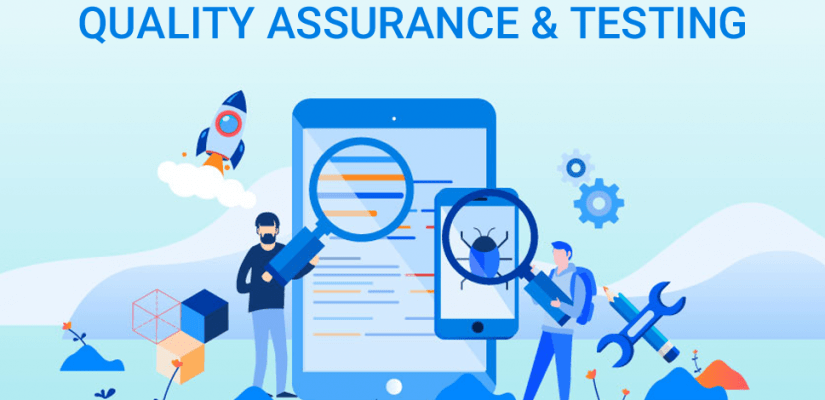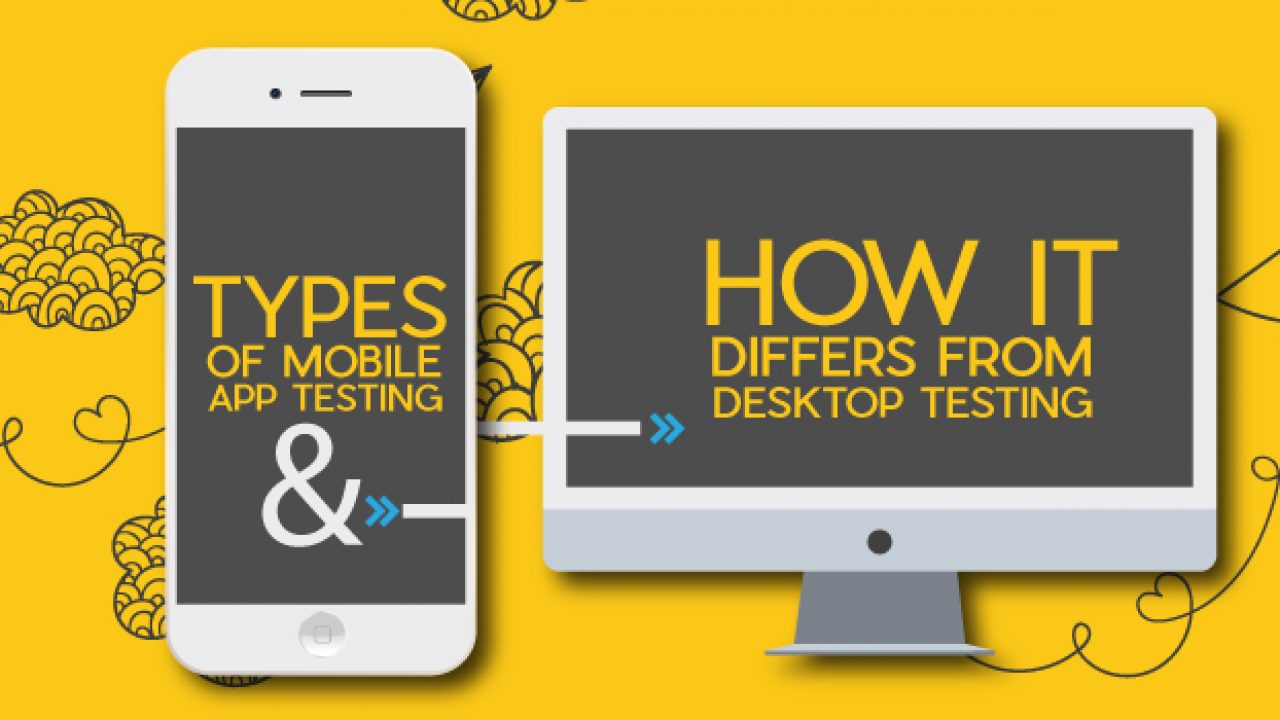Introduction
Mobile apps play a significant role in increasing the productivity and user engagement of any business. With a wide range of cross-platform app development tools such as PhoneGap, Appcelerator Titanium, and Xamarin available in the market, you can easily develop an efficient mobile app for different platforms, including iOS and Android and Windows simultaneously.
However, developing a highly-functional cross-platform app is not a cakewalk. It requires a fair knowledge of coding and testing to incorporate all the app’s functionalities. Here are 9 major challenges that you need to consider before developing a cross-platform mobile app:
-
Recognizing the precise tools for cross-platform mobile development
There are various tools available in the market that can help you to develop a cross-platform app. However, these tools use different approaches and programming languages. Thus, choosing a tool based on the type of app you want to develop is essential. For example, if a highly featured application with a complex UI is desired, Xamarin can be better.
-
Recognizing the difference between native and hybrid apps
Before starting a cross-platform app development project, it is essential to understand whether you need a cross-platform or a native application for different platforms? If your requirement includes an app that interacts with various hardware components, you need to opt for a native app.
However, if the requirements include an app that uses the internet to exchange data, a cross-platform application can be a better choice.
-
Mobile Testing apps on several operating systems and devices
While developing a cross-platform mobile app, testing the app on all the desired platforms is crucial. It is quite challenging to test automation in software testing and mobile apps across different devices running on different operating systems.
Application compatibility issues can arise due to the incompatibility of various hardware components and operating systems. However, the problem can be overcome by using an automation testing tool that provides automated functional testing by simulating real-time user experience on various mobile devices and operating systems.
-
Dealing with the limitations of cross-platform mobile development tools
Most of the cross-platform app development tools offer attractive features such as ease of use, no requirement to learn new languages, support for common functions and UI elements, etc.
However, it is essential to be aware of the limitations of different cross-platform mobile development tools. For example, suppose a high volume of code is to be reused among different platforms. In that case, Appcelerator Titanium may not be the best choice because developers require every single modification to be made on separate platforms.
-
Working with third-party plugins and tools
An ideal solution to overcome the limitations of cross-platform mobile development tools is to use plugins and third-party tools. Plugins are available in different categories like network, device contact or calendar, etc. For example, if you want to integrate contacts in an app, a plugin for Contacts can access the information on a user’s phonebook.
These were some of the major challenges faced by mobile app developers. You can find different cross-platform tools in the market; choose a tool that suits your requirements and start developing efficient mobile application testing for all platforms.
In 2017, 22.0% of large enterprises, 16.9% of mid-sized firms and 18.5% of small businesses used cross-platform mobile app development tools to make apps.
-
Dealing with different coding languages for each platform
While developing a cross-platform application, it is important to remember that each platform requires different coding languages for test automation in software testing. For example, to develop an app for iOS, you need to use Objective-C or Swift. While developing an app for Android, you need to use Java language.
-
Recruiting sufficient resources
The entire development process of a cross-platform mobile app is quite challenging because it requires different coding languages for each platform. Therefore, the project team must be well aware of the technical specifications of different platforms.
-
Working with multiple databases to store data
It is quite challenging for software testing companies to store data in cross-platform mobile application testing because developers must use third-party tools or plugins. However, the process can be simplified by using a cross-platform app development tool that offers an in-built feature to store data.
-
Saving storage space
A cross-platform app saves storage space because it is developed using a single codebase in one language. For example, if you are developing an app for iOS and Android, you need to create two separate apps; however, in the case of a cross-platform application, you can develop one single app for all the platforms. Furthermore, the app can be compiled for all platforms from a single codebase, which reduces the time and effort required for development and storage space.
Conclusion –
Cross-platform mobile app development offers a lot of benefits to both users and developers. However, it is important to keep in mind that this process requires more effort; hence, make sure you hire the right team who understands the technicalities involved in developing an app for various platforms using one coding language.

















